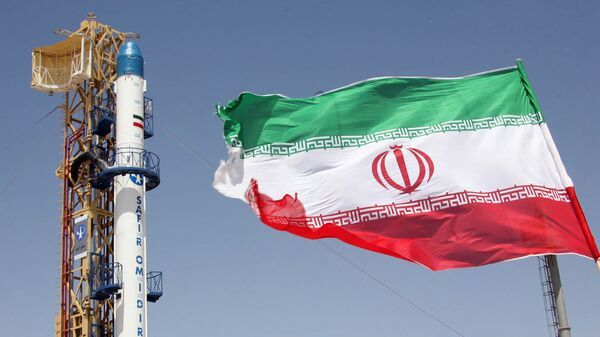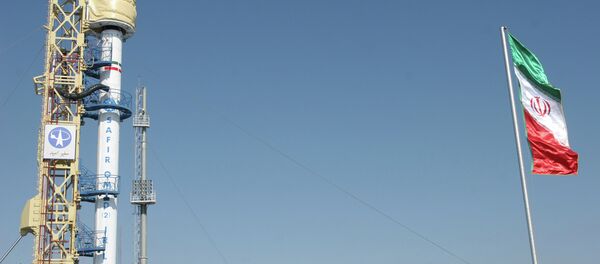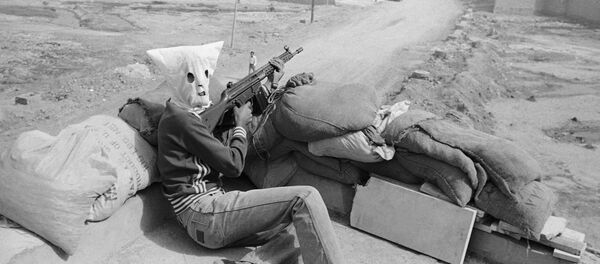Araqchi’s remarks came after Jen Psaki, a spokeswoman for the US Department of State, said that "Iran’s missile program continues to pose a dangerous threat to the region," adding that the program was "one of the issues we are taking up" in the talks on Tehran’s nuclear program.
"Iran’s missile program has been discussed and will continue to be discussed as part of the negotiations," Psaki said during a daily press briefing on February 2. Earlier that day, Iran announced that it had successfully launched its Fajr (Dawn) observation satellite, using a Safir-2 rocket into space.
Psaki’s remarks prompted Araqchi to say that Iran’s missile program was peaceful. "The 'Safir (Messenger)' rocket which carried the Fajr satellite into the orbit (on Monday) has been designed and built by the capable hands of experts at the defense ministry's aerospace organization for space missions and in pursuit of fully peaceful goals," he said, as quoted by the Fars news agency.
Negotiations for the Iranian nuclear program have been ongoing since an interim deal was reached in November 2013. The parties were unable to reach an agreement before July 2014, extending the deadline for a final comprehensive deal until June 2015.
Iran maintains that its activities, which include the construction of a uranium enrichment plant and a heavy-water reactor, are for the purposes of producing energy, rather than the production of nuclear weapons.




